Tag: elections
-
Seven new candidates declare in Texas

Ballotpedia tracked seven new state-level candidates in Texas between Nov. 27-Dec. 3. This was two more candidates than the prior week. Four of those candidates are Democrats and three are Republicans. The seven candidates are running for the state legislature in 2024. Details on five of these candidates are below: Since the beginning of the…
-
Two new candidates declare in North Carolina

Ballotpedia tracked two new state-level candidates in North Carolina between Nov. 27-Dec.3. This was two more candidates than the prior week. Both of the candidates are Republicans and are running for the state legislature in 2024. Details on these candidates are below: Since the beginning of the year, Ballotpedia has identified 57 candidates for state-level…
-
One new candidate declares in Indiana
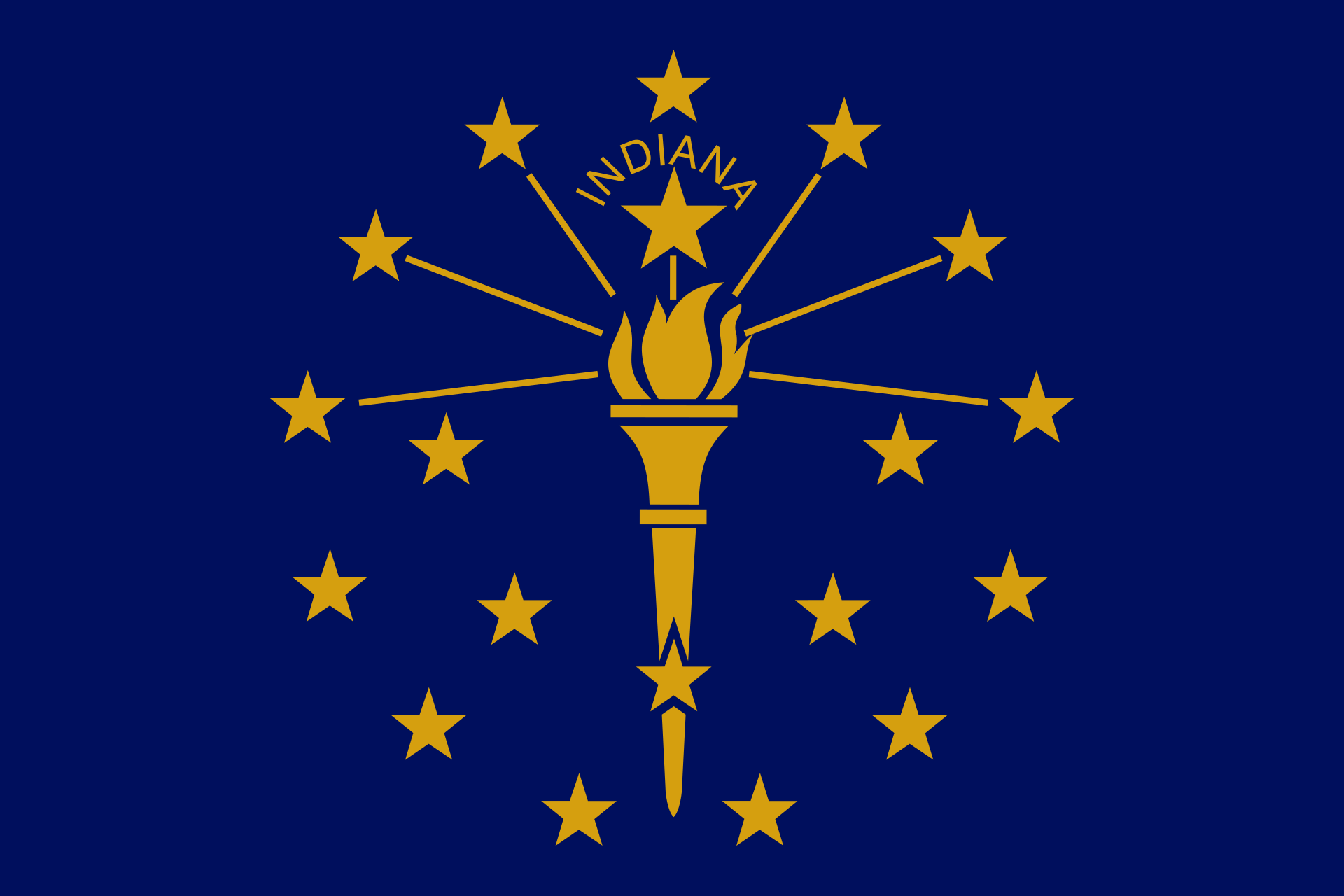
Ballotpedia tracked one new state-level candidate in Indiana between Nov. 27-Dec. 3. This was one more candidate than the prior week. The candidate is a Democrat and is running for state executive office in 2024. Details on the candidate are below: Since the beginning of the year, Ballotpedia has identified 21 candidates for state-level office…
-
One new candidate declares in Colorado
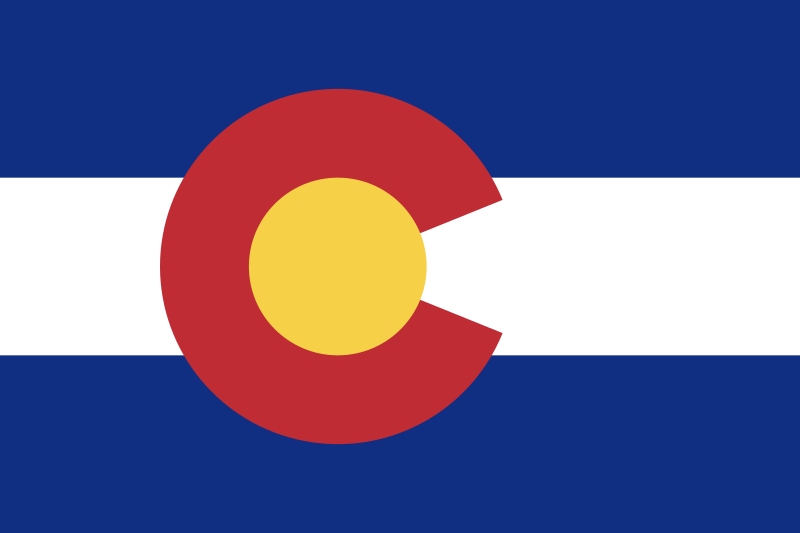
Ballotpedia tracked one new state-level candidate in Colorado between Nov. 27-Dec. 3. This was one more candidate than the prior week. The candidate is a Democrat and is running for state executive office in 2024. Details on the candidate are below: Since the beginning of the year, Ballotpedia has identified 28 candidates for state-level office…
-
Two new candidates declare in Kentucky
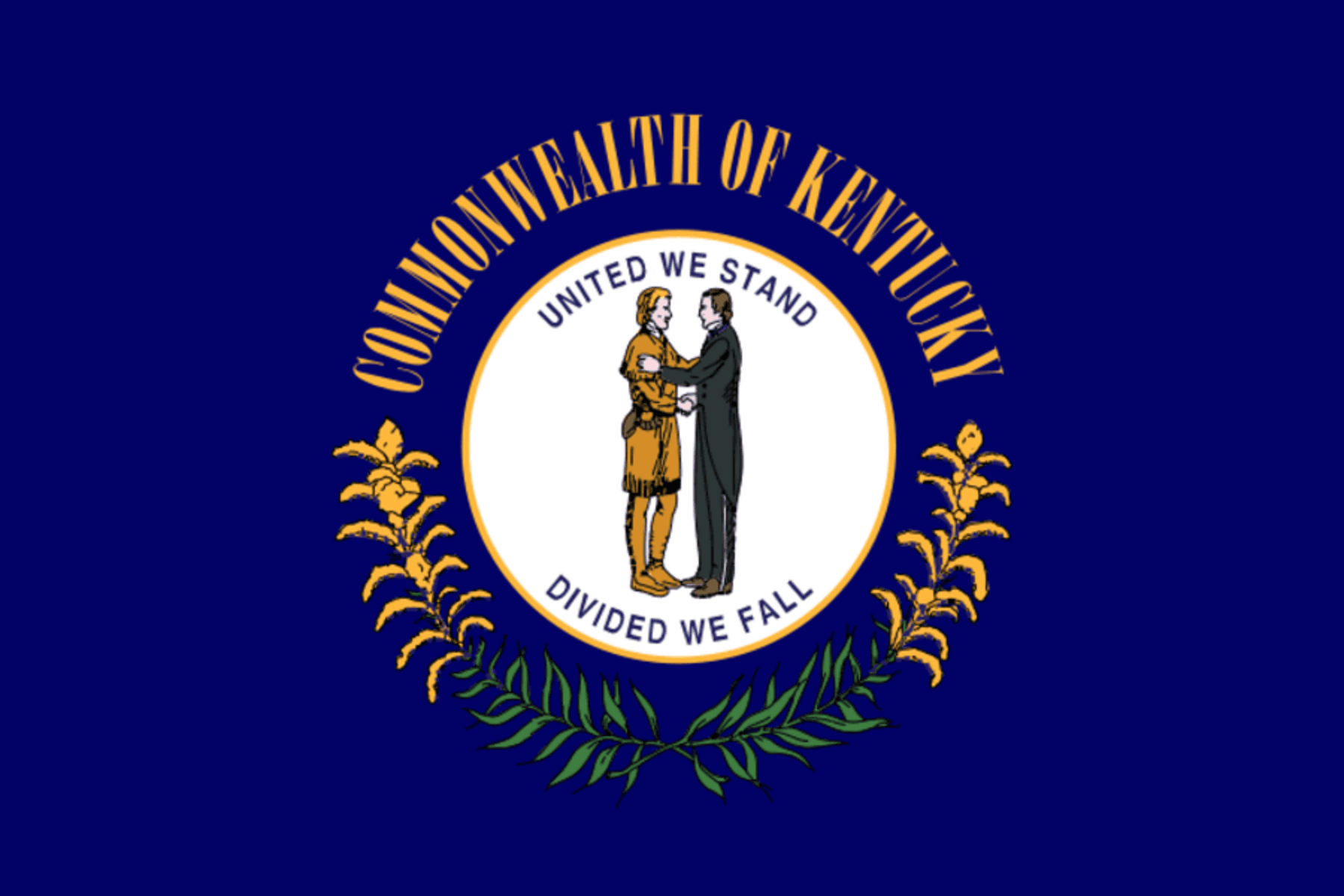
Ballotpedia tracked two new state-level candidates in Kentucky between Nov. 27-Dec. 3. This was two more candidates than the prior week. One of those candidates is a Democrat and one is a Republican. Both candidates are running for state legislature in 2024. As of this writing, Ballotpedia identified campaign materials for one of the two…
-
Five new candidates declare in Texas

Ballotpedia tracked five new state-level candidates in Texas between Nov. 20-26. This was equal to the number of candidates tracked last week. Three of those candidates are Democrats and two are Republicans. The five candidates are running for the state legislature in 2024. Details on these candidates are below: Since the beginning of the year,…
-
One new candidate declares in Iowa
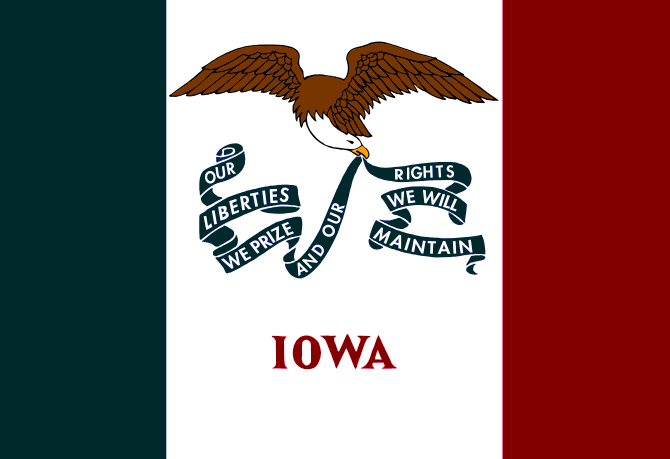
Ballotpedia tracked one new state-level candidate in Iowa between Nov. 20-26. This was one more candidate than the prior week. The candidate is a Democrat and is running for state legislature in 2024. Details on the candidate are below: Since the beginning of the year, Ballotpedia has identified three candidates for state-level office in Iowa.…
-
Five new candidates declare in Texas
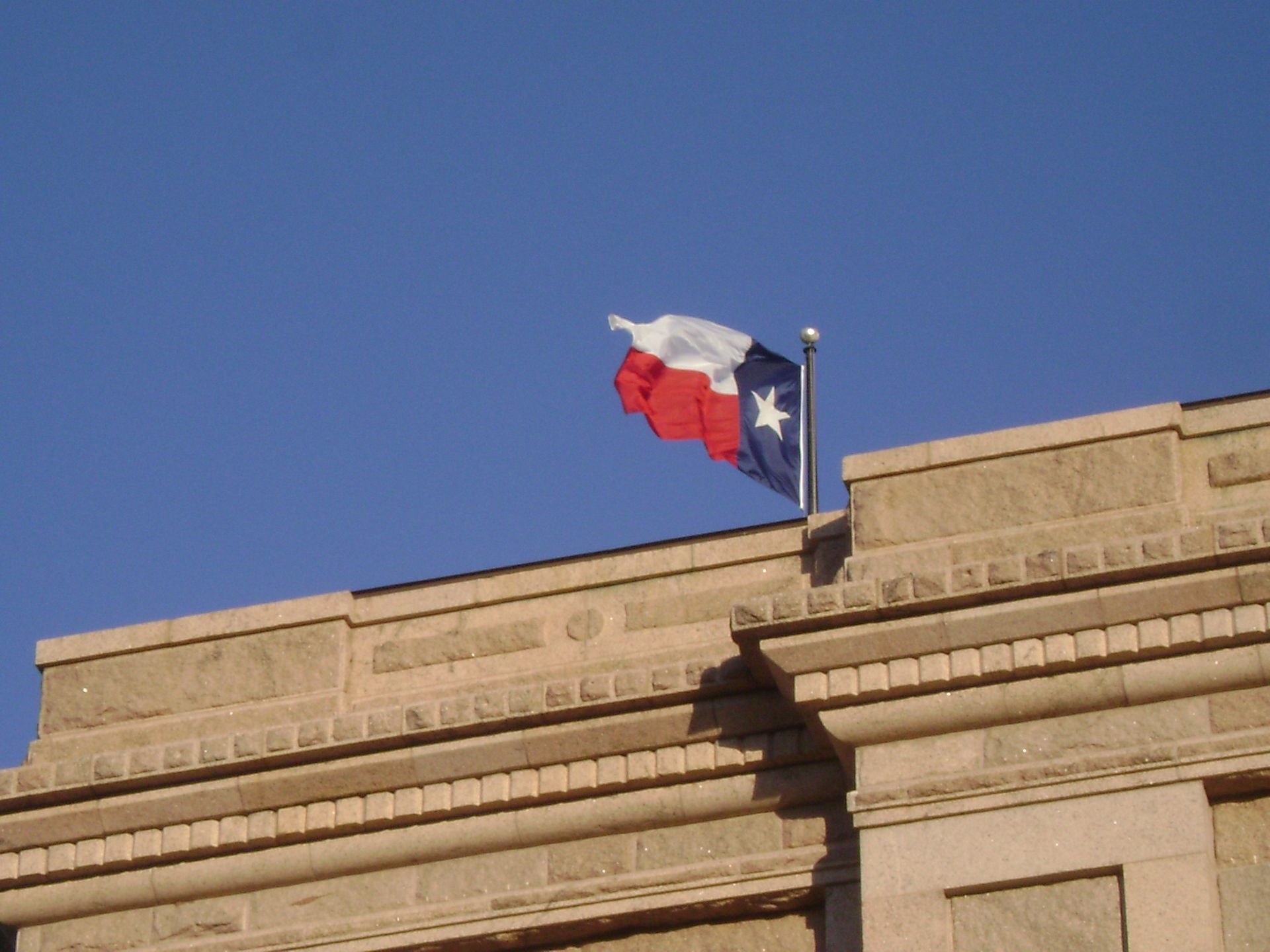
Ballotpedia tracked five new state-level candidates in Texas between Nov. 13-19. This was two more candidates than the prior week. Two of those candidates are Democrats and three are Republicans. The five candidates are running for state legislature in 2024. Details on these candidates are below: Since the beginning of the year, Ballotpedia has identified…
-
Three new candidates declare in North Carolina

Ballotpedia tracked three new state-level candidates in North Carolina between Nov. 13-19. This was two more candidates than the prior week. Two of those candidates are Democrats and one is a Republican. The three candidates are running for state executive offices in 2024. Details on these candidates are below: Since the beginning of the year,…
-
One new candidate declares in Iowa

Ballotpedia tracked one new state-level candidate in Iowa between Nov. 6-12. This was one more candidate than the prior week. The candidate is a Republican and is running for state legislature in 2024. Details on the candidate are below: Since the beginning of the year, Ballotpedia has identified two candidates for state-level office in Iowa.…

